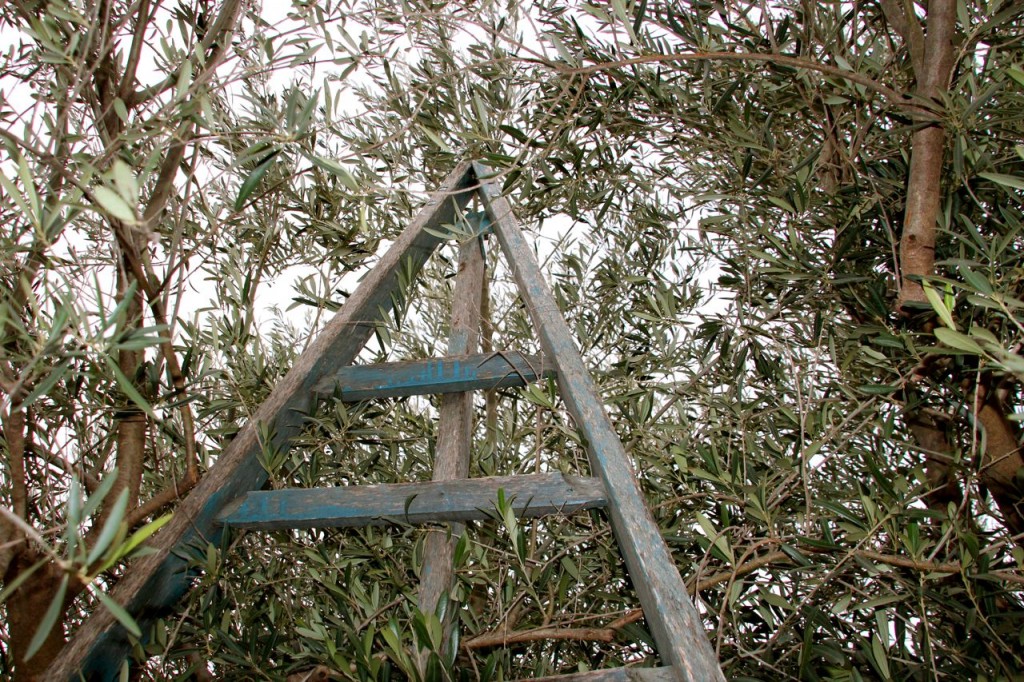
L’Oulibo in Bize Minervois is a 15 minute drive from Capestang, and is an active olive farm, mill and cooperative. Here you will find the unique Lucques and Picholine olive varieties as well as others, to try and buy. Offering tours and products to the region for over 70 years, this is a must see along your travels through the Languedoc.
Our host Jean-Marc graciously showed us around. My mother was visiting from Canada and we decided to take the 1 1/2 hour tour, giving us the most information on olive production.
Olive trees are a symbol of peace, abundance and victory. They are cultivated for their fine wood, olives, olive oil, flowers and their leaves. In ancient times the olive trees were wild. Mentioned in many holy doctrines, somewhere along the lines people figured out the healing properties and the secrets of the olive tree.
Tamed an estimates 7000 years ago, the tree itself is a symbol of everlasting life; resistant to flames, frost and the root system so deep and complex, that even after cutting back to the root it will survive. Some trees are over 2000 years old and can still produce fruit.
The tree has to be cut back each year for it to give olives and now days are graphed with branches to maximize the fruit production. When originally grown, the farmers allow four main branches to grow and cut back the suckers, leaving an open middle to let in the maximum amount of light through. A healthy tree is also a beautiful tree and its round reaching form is noteworthy.
They place male trees on the Northern boarders of their fields, to allow the dominant winds from the mountains, and not bees, to fertilize their flowers. On parts of their fields where the wind doesn’t reach the trees, the farmers will graft a male branch to self-fertilize, one that they will never cut back.
Another interesting fact offered up on the tour was how they get rid of their pests. First the growers will place bird-nests in their trees, attracting the specific species that feed on flies. Then they place a milk/sardine mixture in a plastic container that repels the bugs. They also have a computerized system in place that monitors breeding activities of the fly. Dependant on temperature highs and certain conditions, the scientists can predict an outbreak and send out a warning to the growers within 24 hours of an attack. This allows the farmers to use only the minimum amount of pesticides and have enough time to use alternative measures against the flies. Using a netting system or by placing sticky fly attractors they can monitor the amount of flies and only spray when absolutely necessary, leaving their products organic.
According to ancient farmers the ideal climates are around the Mediterranean cuff, no farther than 35 miles from the sea. Of course, now farmers have tried their hand and successfully grown crops in similar seaside temperatures. Places like: Africa, Australia, South America and farther inland in Europe have managed beautiful olive farms.
The largest growers of the Lucca and Picholine olives are grown in France in the Languedoc-Roussillon region where we live. Although they produce a very low yield, they are of superior flavour. L’Oulibo only produces extra virgin olive oil and the highest quality products. I also love the myth blower, where once believed if you heat extra virgin it looses its value and not to bother paying for extra virgin. Not true, says our host, the healing factors and all the benefits are still there.
The people of Crete, the largest of the Greek Islands, have a unique diet. Our host told us that the average consumption of olive oil per person per year averages 24 liters. They have a high life expectancy rate of over 80 years, an amazing fact when 45% of them live in rural communities.
In 1956 France was hit with a very cold winter, where the temperatures stayed below -12 degrees for over a week. They lost most of their harvest that year and were forced to cut back their trees right down to the root. Records show that people said you could hear the Olive trees cracking from miles around, and the French people said that the trees were crying.
L’Oulibo cooperative was started in 1940 and offers tours through their grove and their working mill. You will see different stages of olive production, including the impressive granite wheels and their giant olive oil holding containers. On the tour you will watch an informative video, showing the traditional method. They also explain how to harvest the tree, and when. This is a must see while visiting the region.
Alfonz at South-Westy offers a tour that includes the Montady Cheese Shop and the L’Oulibo Olive Factory. Please contact for a booking.
Bon Appétit!
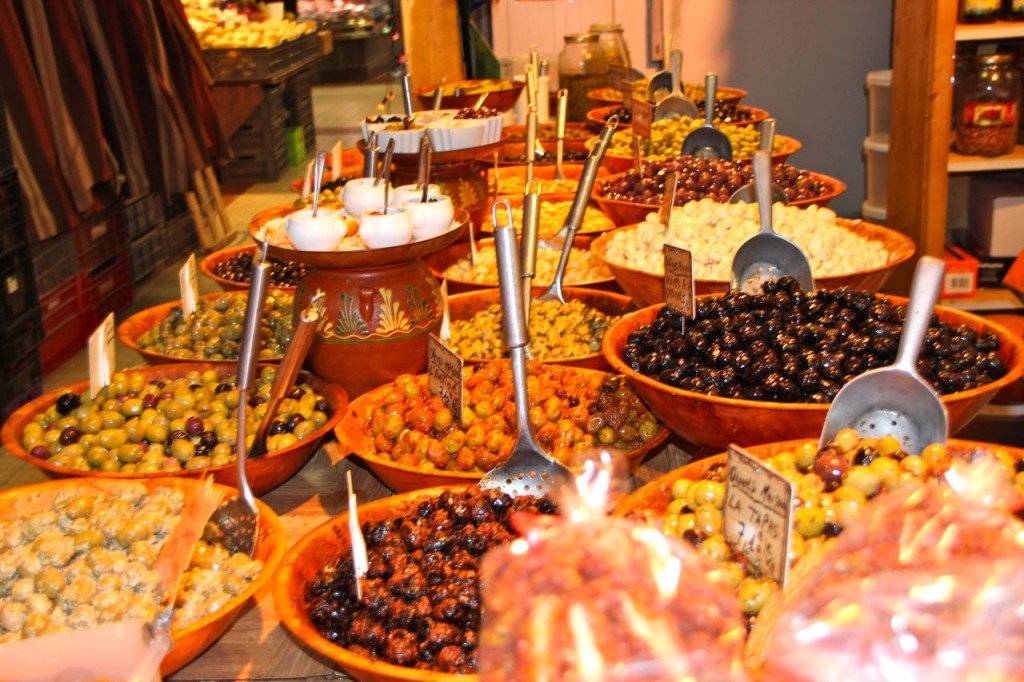
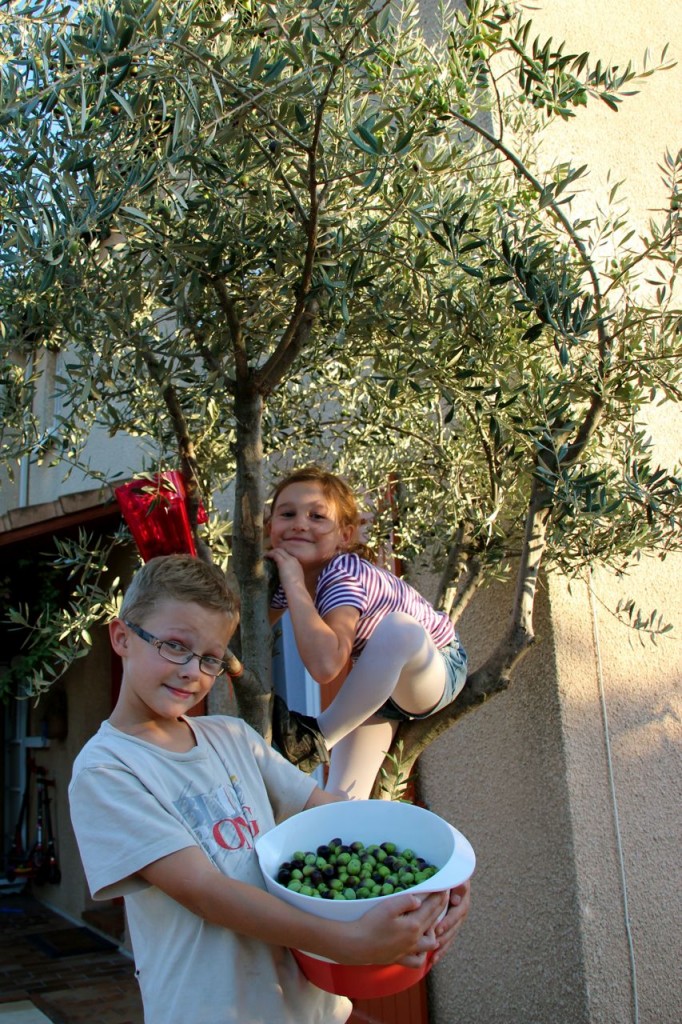
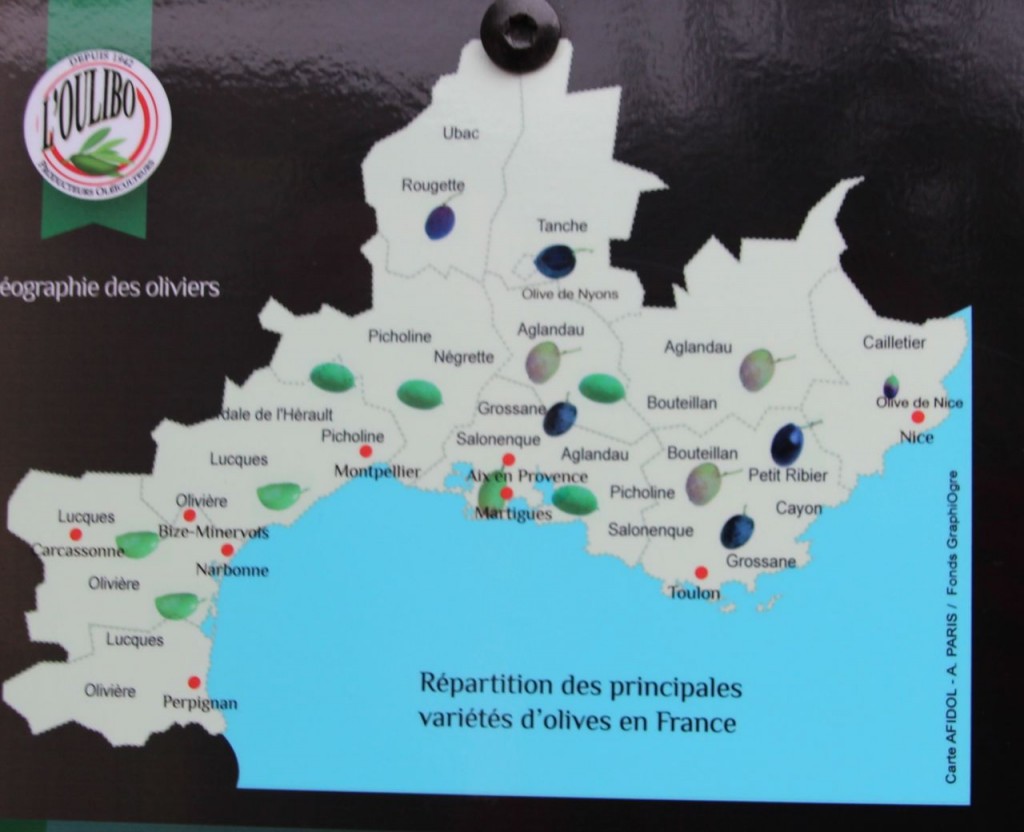
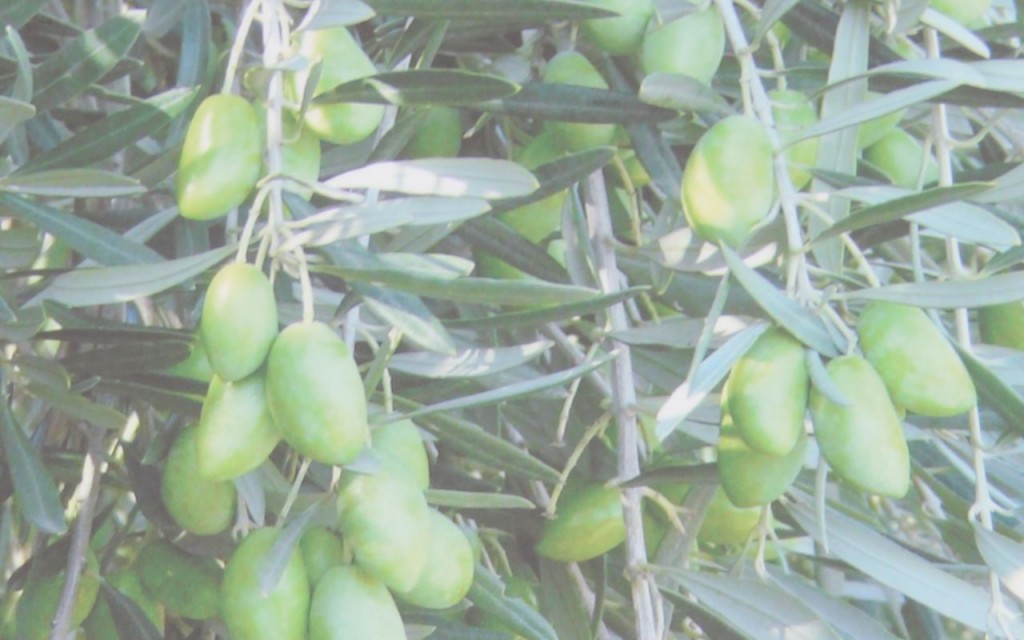
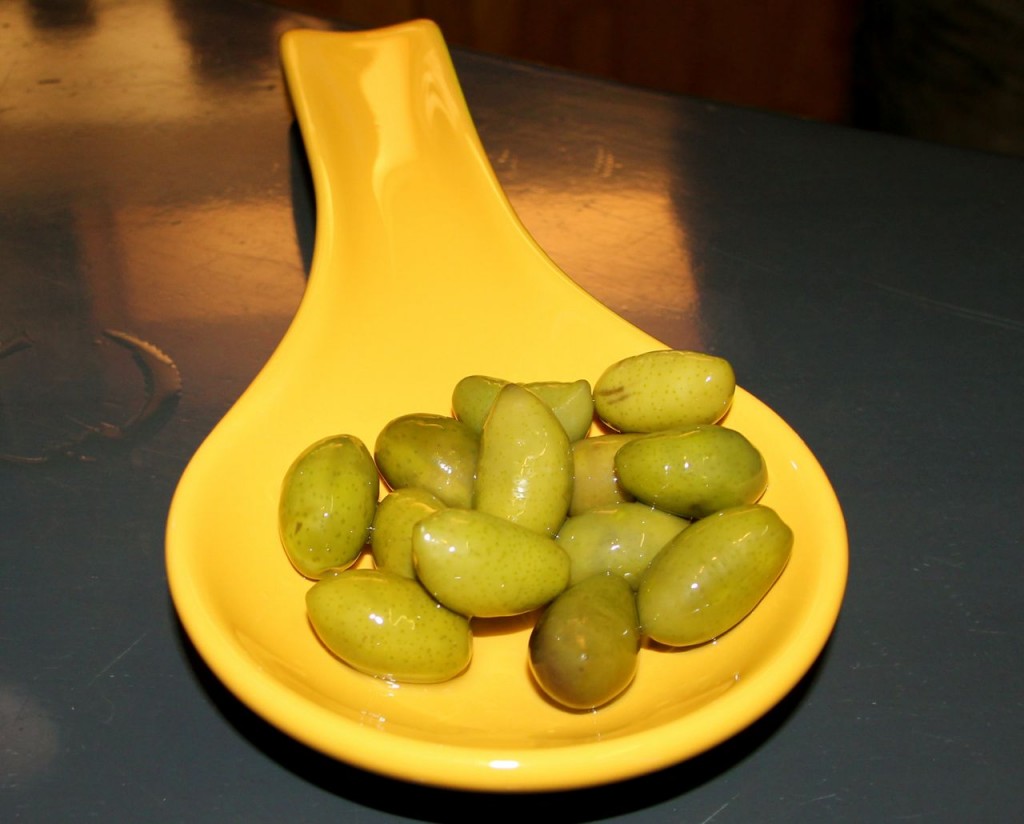

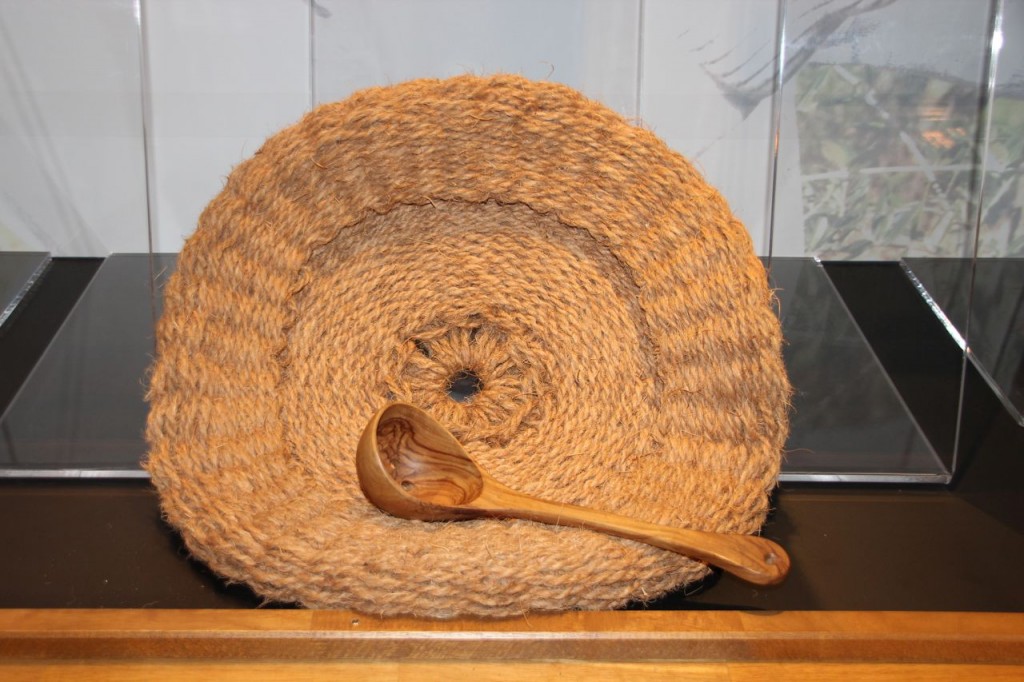
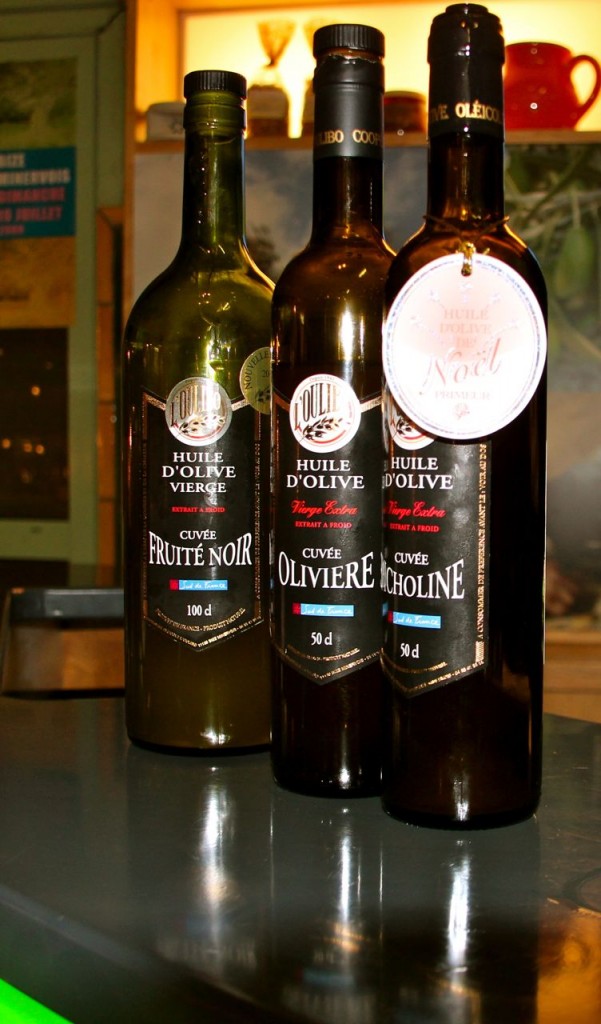
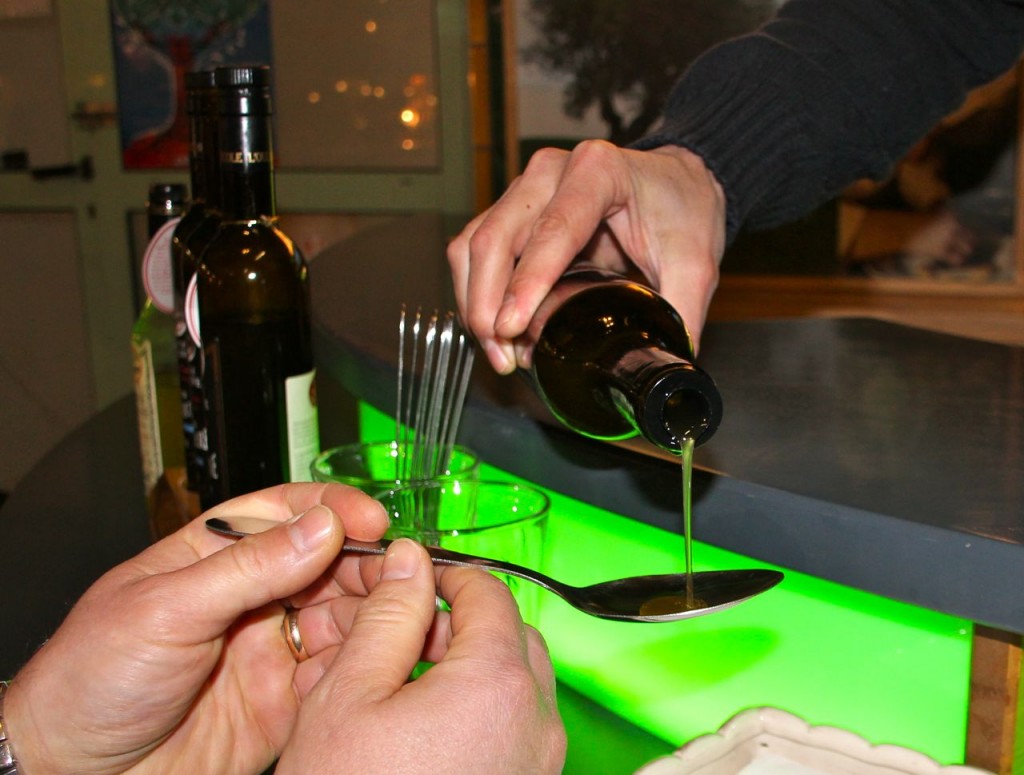
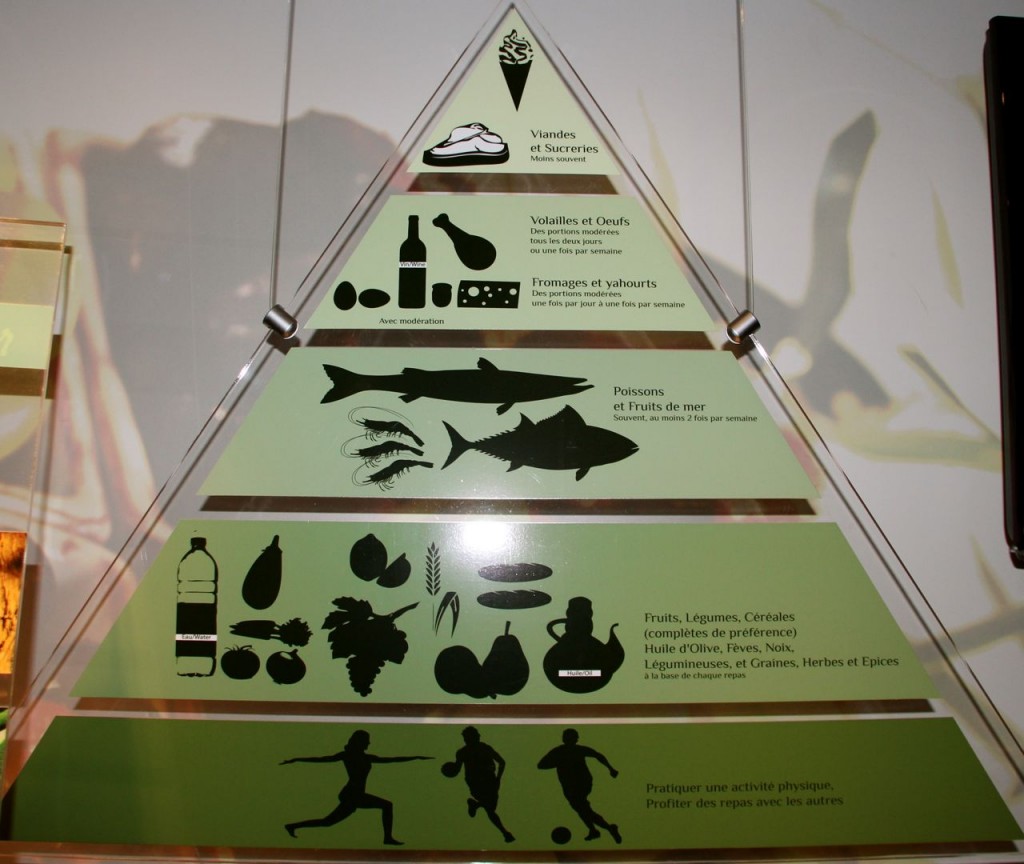
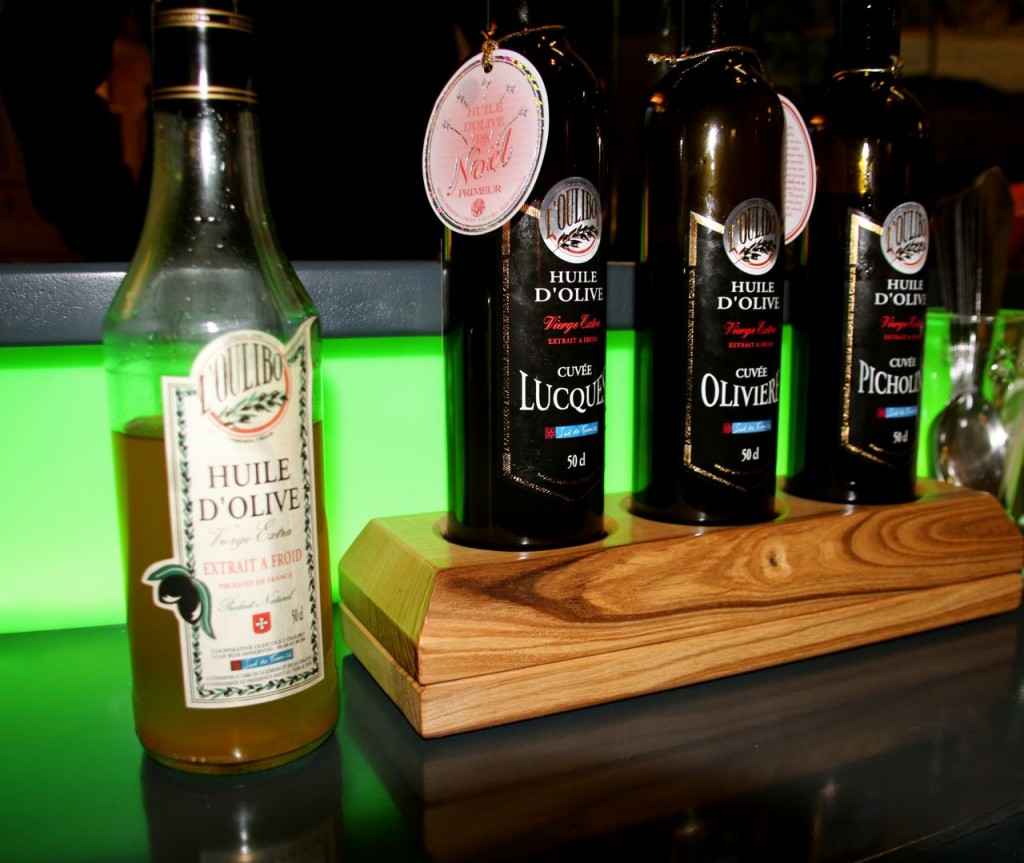
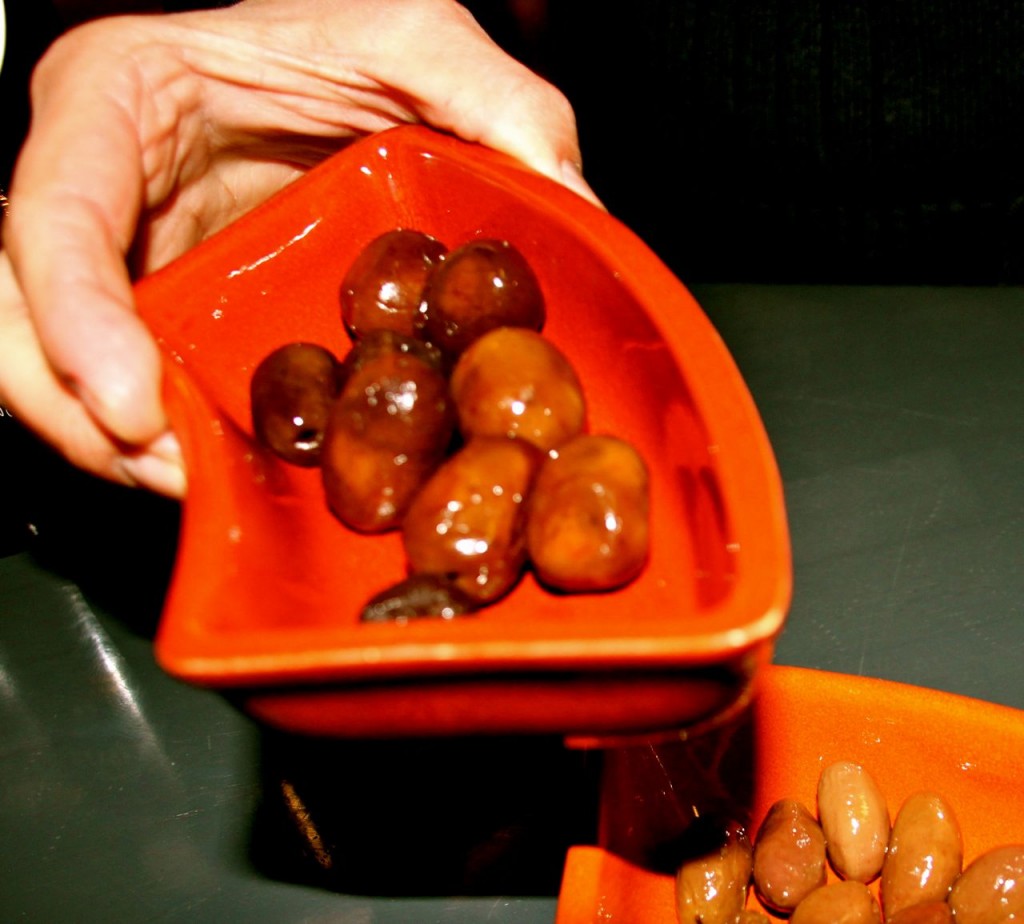
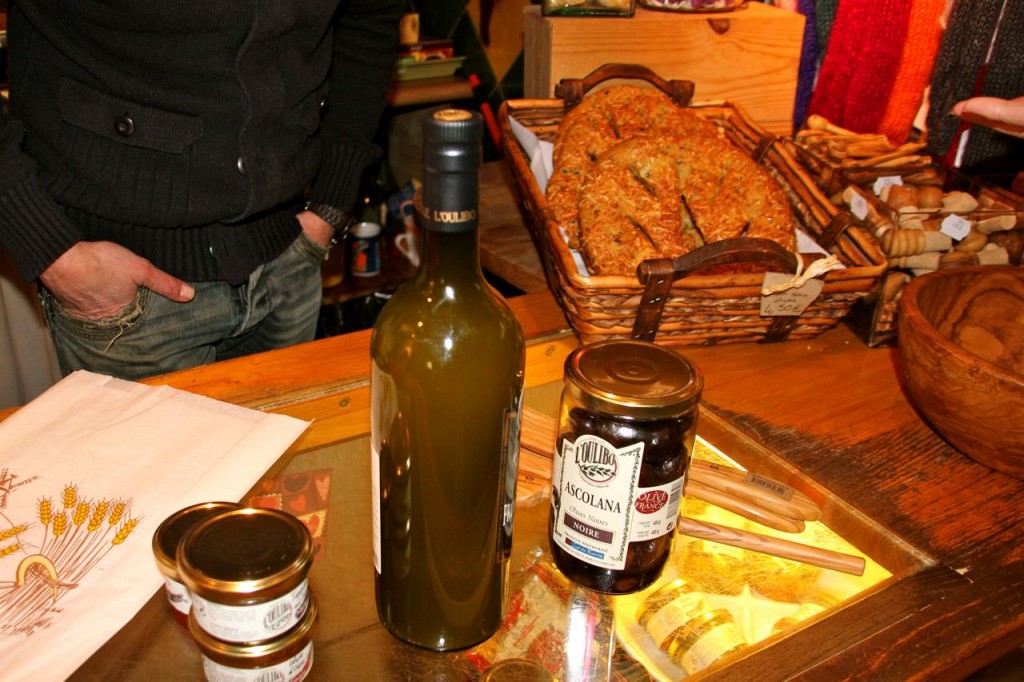
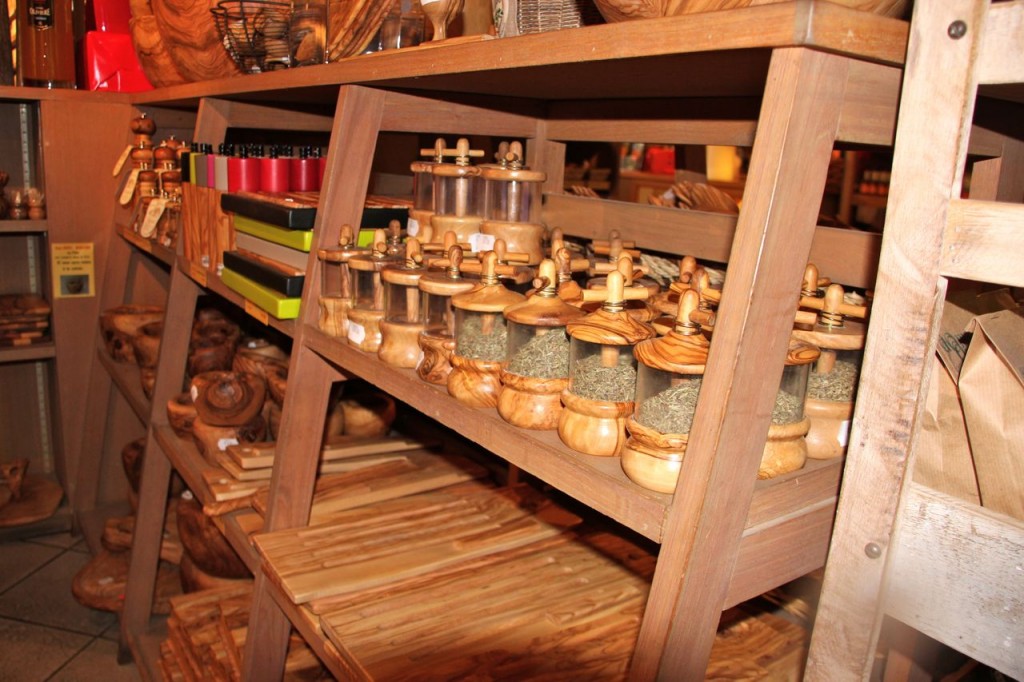
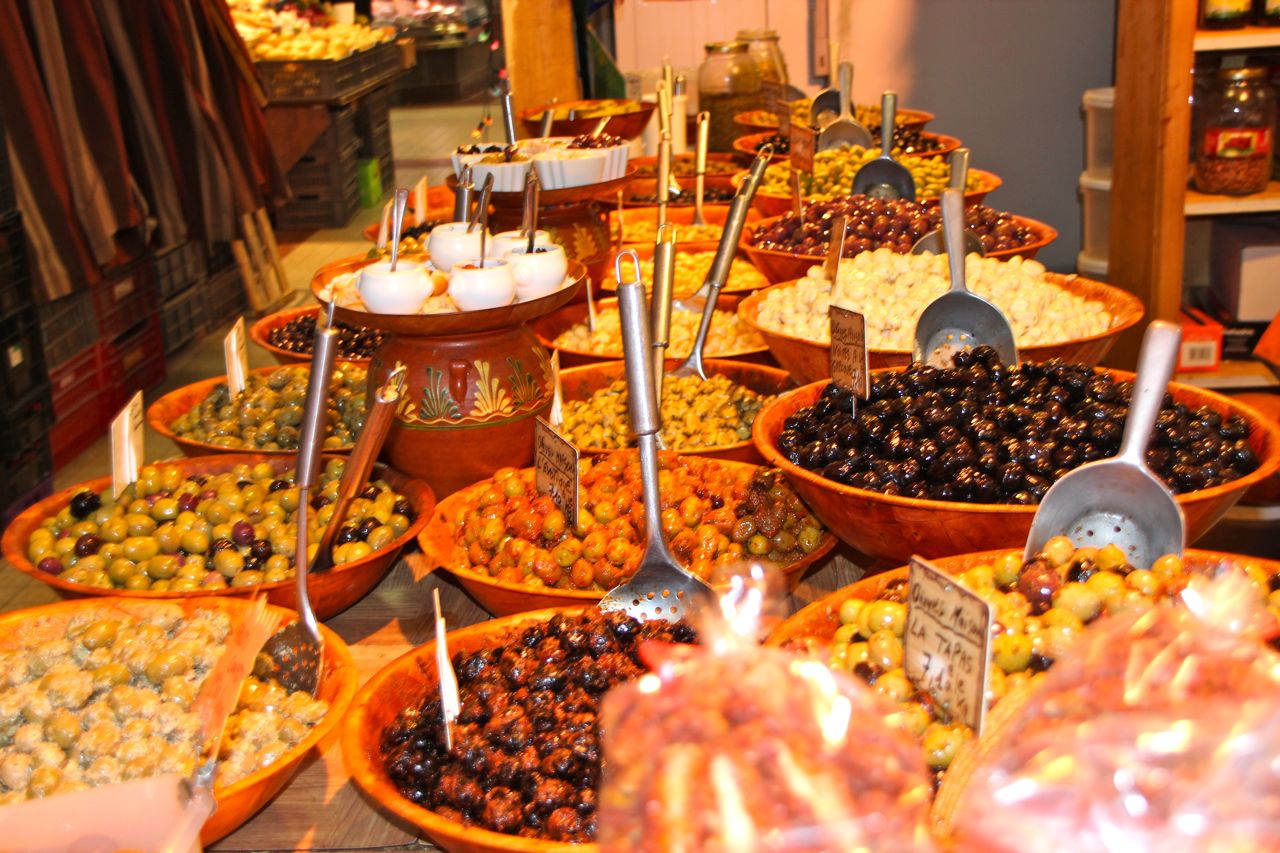





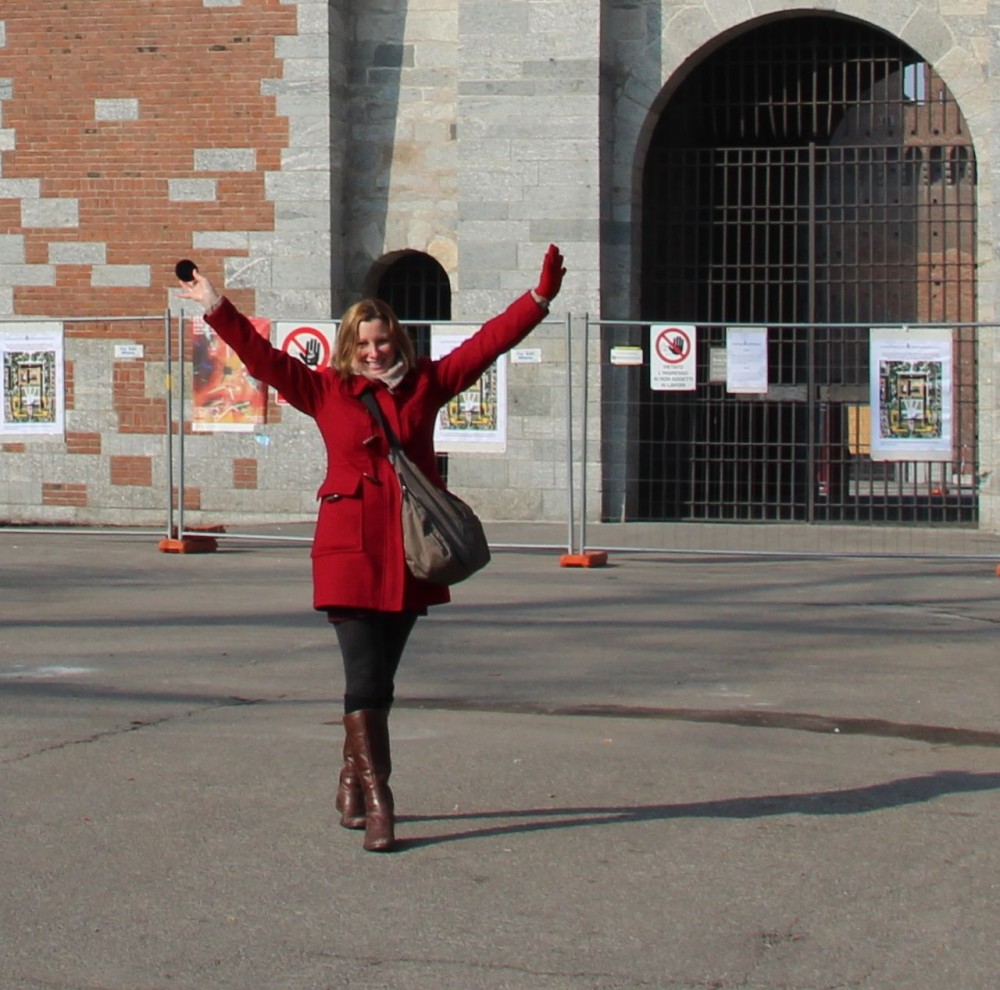




[…] Visit an Olive Garden and see how they make olive oil […]
The tour was worth every cent. We enjoyed the host, Jean-Marc, and truth I could write another 1000 words easily without blinking. Very thorough information.
Wow! What a great opportunity to sample different olive oils.